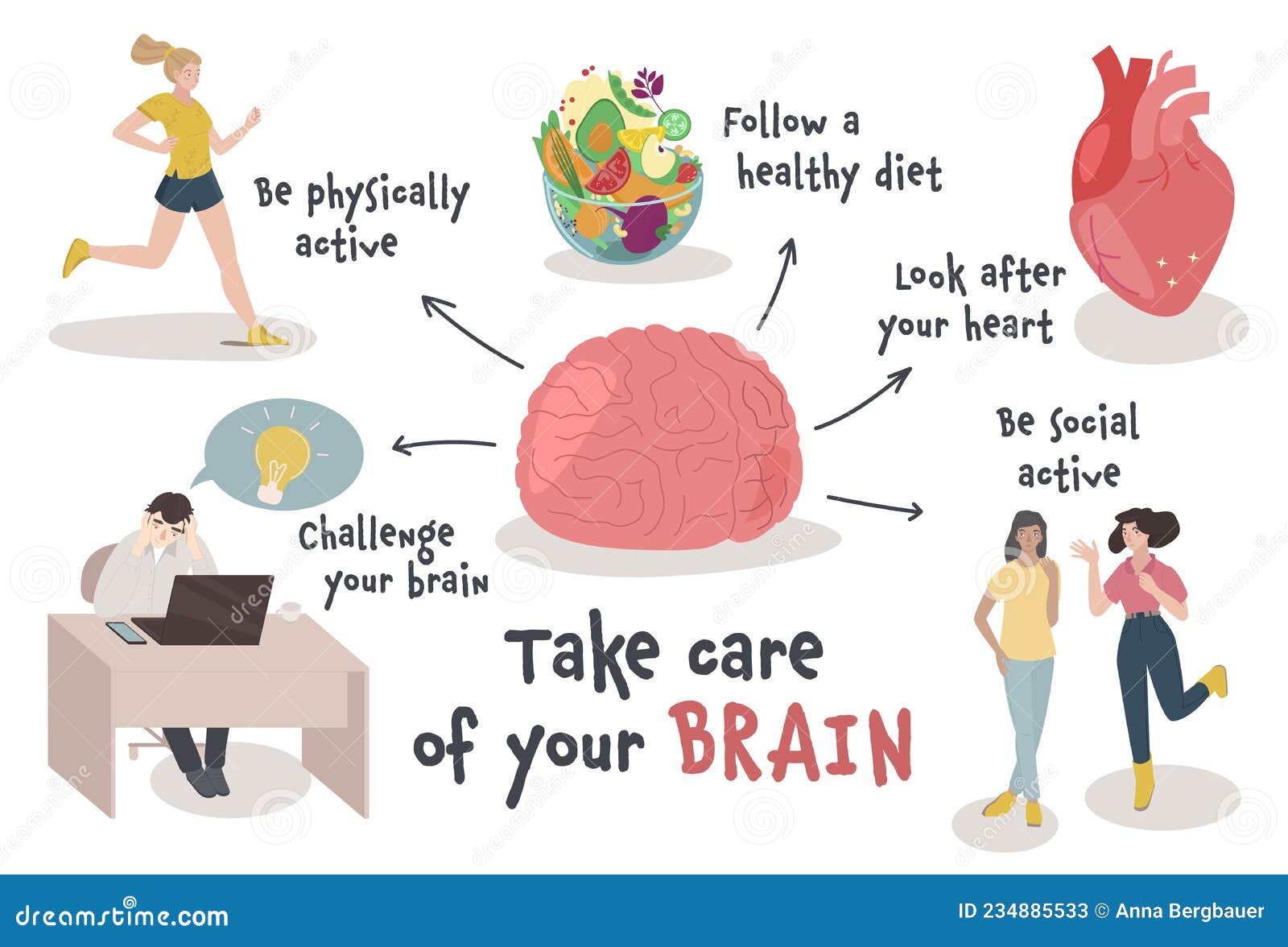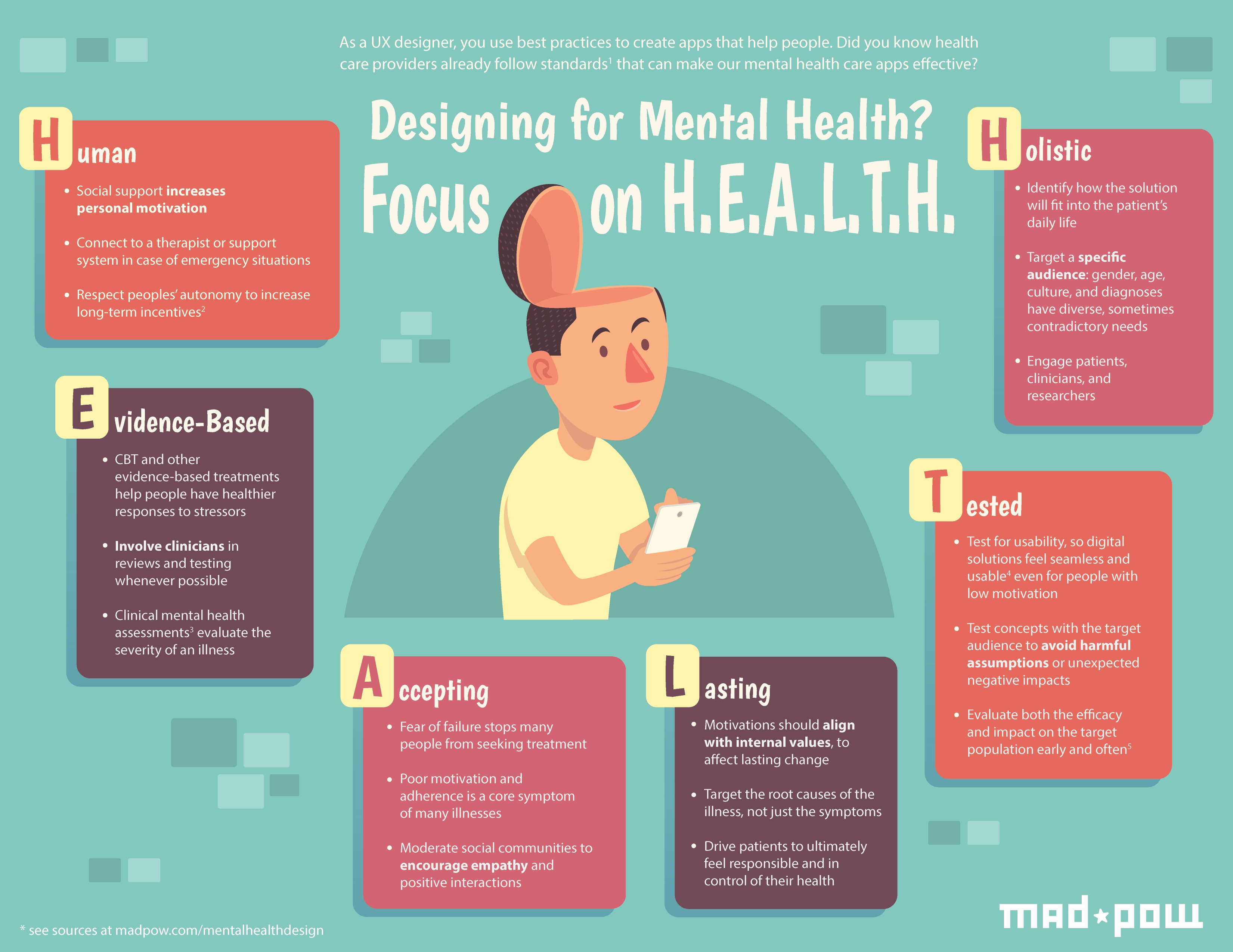Exploring Mental Health and Lifestyle Design for Young Adults

Embark on a journey delving into the realms of mental health and lifestyle design specifically tailored for young adults. This exploration promises to shed light on crucial aspects impacting the well-being of the youth, offering valuable insights and practical advice.
As we navigate through the intricacies of mental health and lifestyle choices, a deeper understanding of their interconnectedness emerges, paving the way for a holistic approach to overall wellness.
Understanding Mental Health
Mental health is the state of our emotional, psychological, and social well-being. It is crucial for young adults as it impacts how they think, feel, and act in daily life. Good mental health allows individuals to cope with stress, make meaningful relationships, and make decisions.
Importance of Mental Health in Young Adults' Lives
Maintaining good mental health is essential for young adults as it directly affects their overall well-being. It influences their ability to handle stress, build resilience, and navigate the challenges of adulthood. Neglecting mental health can lead to various issues such as anxiety, depression, and substance abuse.
Common Mental Health Challenges Faced by Young Adults
- 1. Anxiety Disorders: Young adults often experience excessive worry, fear, or nervousness that can interfere with their daily activities.
- 2. Depression: Feelings of sadness, hopelessness, and loss of interest in activities are common among young adults, affecting their quality of life.
- 3. Eating Disorders: Conditions like anorexia nervosa and bulimia can impact the physical and mental health of young adults, leading to serious consequences.
- 4. Substance Abuse: Many young adults turn to drugs or alcohol as a way to cope with stress or escape from reality, resulting in addiction and mental health issues.
Lifestyle Design for Mental Health
When it comes to mental health, lifestyle design plays a crucial role in shaping our well-being. Lifestyle design involves intentionally creating habits, routines, and environments that support our mental health and overall quality of life.
Tips for Designing a Lifestyle that Promotes Positive Mental Health
- Establish a consistent daily routine that includes adequate sleep, healthy meals, exercise, and relaxation time.
- Practice mindfulness and stress-reducing activities such as meditation or yoga to help manage emotions and promote mental clarity.
- Cultivate strong social connections and seek support from friends, family, or mental health professionals when needed.
- Set realistic goals and prioritize self-care to avoid burnout and maintain a healthy work-life balance.
Examples of Lifestyle Changes that Benefit Mental Well-being
- Limiting screen time and practicing digital detox to reduce exposure to negative news or social media triggers.
- Incorporating hobbies or activities that bring joy and fulfillment, such as painting, gardening, or playing a musical instrument.
- Creating a calming and organized living space to promote relaxation and reduce stress levels.
- Engaging in regular physical exercise, whether it's going for a walk, practicing yoga, or joining a sports team for social interaction and physical well-being.
Stress Management Techniques

Managing stress is crucial for maintaining good mental health, especially for young adults who often face various challenges in their daily lives. By incorporating effective stress management techniques, individuals can improve their overall well-being and cope better with the pressures they encounter.
Exercise Regularly
Regular physical activity has been shown to reduce stress levels by releasing endorphins, also known as "feel-good" hormones. Engaging in activities like running, yoga, or dancing can help young adults manage stress effectively.
Practice Mindfulness and Meditation
Mindfulness and meditation techniques can help individuals stay present and focus on the current moment, rather than worrying about the past or future. By practicing mindfulness, young adults can reduce anxiety and stress levels.
Establish Healthy Boundaries
Setting boundaries with work, relationships, and social commitments is essential for managing stress. Learning to say no when feeling overwhelmed and prioritizing self-care can prevent burnout and improve mental well-being.
Get Sufficient Sleep
Adequate sleep is crucial for overall health and well-being, including stress management. Young adults should aim for 7-9 hours of quality sleep each night to ensure their bodies and minds are well-rested and able to handle daily stressors effectively.
Seek Support from Others
Talking to friends, family members, or a mental health professional can provide valuable support during times of stress. Sharing feelings and emotions with trusted individuals can help young adults feel less alone and more capable of managing stress effectively.
Importance of Physical Health
Physical health plays a crucial role in maintaining good mental well-being. The connection between the two is intricate, as taking care of our bodies can positively impact our mental health.
Physical Activities for Improved Mental Health
Regular physical activity has been shown to reduce symptoms of anxiety and depression. Engaging in activities such as running, yoga, dancing, or even walking can help release endorphins, which are known as "feel-good" hormones. These activities can also help reduce stress levels and improve overall mood.
Nutrition's Role in Supporting Mental Health
A balanced diet rich in nutrients is essential for good mental health. Foods like fruits, vegetables, whole grains, and lean proteins provide the necessary vitamins and minerals that support brain function. Omega-3 fatty acids found in fish like salmon and nuts can also help improve mood and cognitive function.
Social Connections and Mental Health

Building and maintaining social connections play a crucial role in the mental well-being of young adults. These relationships can significantly impact their overall mental health and happiness.
Impact of Social Connections
- Positive social interactions can reduce feelings of loneliness and isolation, which are common contributors to mental health issues.
- Having a support system of friends and family members can provide emotional comfort during challenging times and improve resilience to stress.
- Engaging in meaningful conversations and activities with others can boost self-esteem and foster a sense of belonging.
Cultivating Positive Relationships
- Initiate open and honest communication with those around you to build trust and deepen connections.
- Participate in shared interests or hobbies to create bonds with like-minded individuals and form a sense of community.
- Show empathy and offer support to friends and loved ones in times of need, strengthening the foundation of your relationships.
Benefits of a Strong Social Support System
- Improved mental health outcomes, including reduced anxiety and depression symptoms.
- Enhanced overall well-being and life satisfaction through positive social interactions.
- Increased resilience and coping skills, making it easier to navigate life's challenges.
Closing Summary

In conclusion, the discourse on mental health and lifestyle design for young adults encapsulates the essence of prioritizing self-care, fostering healthy habits, and nurturing positive relationships. This holistic approach serves as a cornerstone for empowering young individuals to lead fulfilling and balanced lives.
Clarifying Questions
How does lifestyle design impact mental health?
Lifestyle design plays a crucial role in mental health by influencing daily habits, routines, and overall well-being. By consciously structuring one's lifestyle to prioritize self-care and positive activities, individuals can significantly enhance their mental health.
What are some effective stress management techniques for young adults?
Effective stress management techniques for young adults include mindfulness practices, physical exercise, relaxation techniques like deep breathing, and seeking social support. Finding healthy outlets to cope with stress is key to maintaining good mental health.
How does social connections impact mental health in young adults?
Social connections play a vital role in the mental well-being of young adults by providing emotional support, a sense of belonging, and opportunities for social interaction. Cultivating positive relationships can contribute to reduced stress levels and improved overall mental health.

